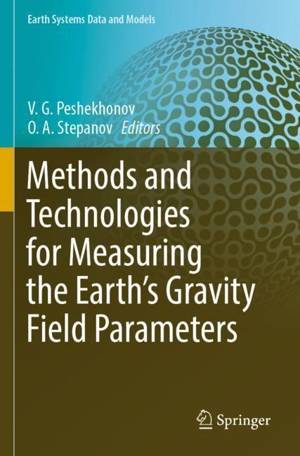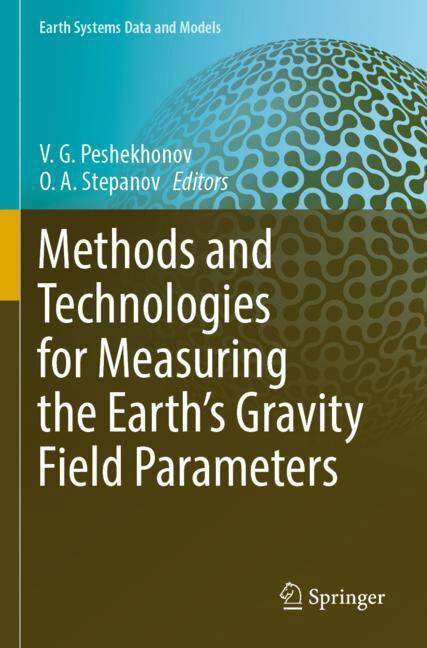
- Retrait gratuit dans votre magasin Club
- 7.000.000 titres dans notre catalogue
- Payer en toute sécurité
- Toujours un magasin près de chez vous
- Retrait gratuit dans votre magasin Club
- 7.000.0000 titres dans notre catalogue
- Payer en toute sécurité
- Toujours un magasin près de chez vous
Methods and Technologies for Measuring the Earth's Gravity Field Parameters
147,95 €
+ 295 points
Description
This book offers extensive information on the operation of gravimeters, including airborne, marine and terrestrial ones, and on the associated data processing methods such as optimal and adaptive filtering, smoothing, structural and parametric identification. Further, it describes specific features relating to the study of the gravitational field in remote areas of the Earth, with the necessary modifications of equipment and software for all-latitude applications. Findings from gravity studies in such remote areas are also presented. Advanced methods for studying the gravitational field, including those for simultaneous determination of gravity anomalies and deflection of the vertical are described and analyzed in detail. Gravity gradiometers and cold atom gravimeters are also covered. Last but not least, the book deals with the development of Earth's gravity field models and their various applications, including map-aided navigation, with a special attention to model accuracy estimation. Gathering research findings and best practice recommendations relating to Earth's gravity field measurements, collected by a team of researchers and professionals, the book offers a unique guide for engineers, scientists and graduate students dealing with terrestrial, marine and airborne gravimetry. It will also help other specialists involved in developing and using navigation systems in practice, including designers of gravimetric equipment and navigators.
Spécifications
Parties prenantes
- Editeur:
Contenu
- Nombre de pages :
- 388
- Langue:
- Anglais
- Collection :
- Tome:
- n° 5
Caractéristiques
- EAN:
- 9783031111600
- Date de parution :
- 01-12-23
- Format:
- Livre broché
- Format numérique:
- Trade paperback (VS)
- Dimensions :
- 155 mm x 235 mm
- Poids :
- 726 g

Les avis
Nous publions uniquement les avis qui respectent les conditions requises. Consultez nos conditions pour les avis.





